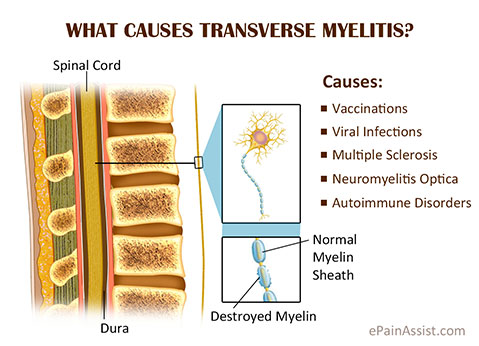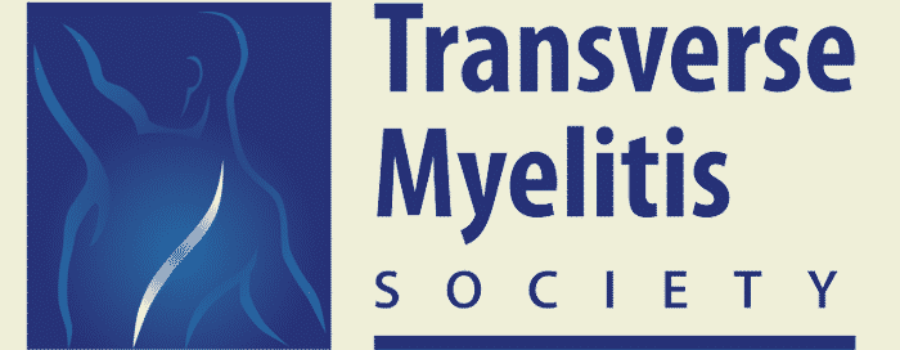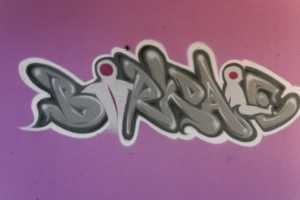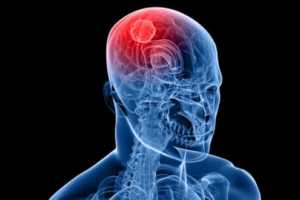The Transverse Myelitis annual general meeting (AGM) on Saturday 16th April took place at the Novotel Hotel near Heathrow airport and saw over 120 delegates and their families attend a full day of TM specific workshops. Alongside these informative self-management workshops delegates from across the UK where able to network and share their experiences. They were also able to drop by a neuro-physiotherapy clinic run by Birkdale Neuro Rehabilitation Centre.
The drop in clinic was reported to be well received by delegates who all had such varied experiences of dealing with TM from the initial on set and diagnosis to physical treatment and timely follow up. What was interesting was how some delegates reported a lack of specialist support from healthcare professionals with one or two delegates even asking if they were entitled to physiotherapy 17 years after their initial onset of TM.
During the day we saw just how diverse symptoms are with TM with some people reporting lower limb sensation as ‘walking on glass’ or being troubled by facial pain whilst other people experienced balance difficulties and reduced eye guided movement (oculomotor function). As part of our assessments we used RS scanner to determine how body mass was distributed between the feet and even used it as live bio-feedback to help with building awareness and training body weight shifting between legs. We also assessed eye-guided body movement and incorporated it into treatment to improve posture control. Other treatments we implemented included a range of sensory stimulation and even electrical stimulation for foot drop.
Key points to take from the day where:
- TM can affect a range of body systems which impact on movement such as vison, body awareness (proprioception), sensation and muscle control.
- Specialist neuro-physiotherapy assessment can outline key areas of the body that need to be managed in order to keep movement optimised.
- Those with TM should be aware (or made aware) of how their body, specifically their nervous system influences their movement, sensation and balance and what can be done to either restore and improve their abilities or what needs to be done to optimise their current state to minimise secondary complications in the future. Critically, how to detect change in their bodies during movement which can lead to a timely referral to neuro-specialist physiotherapy.





